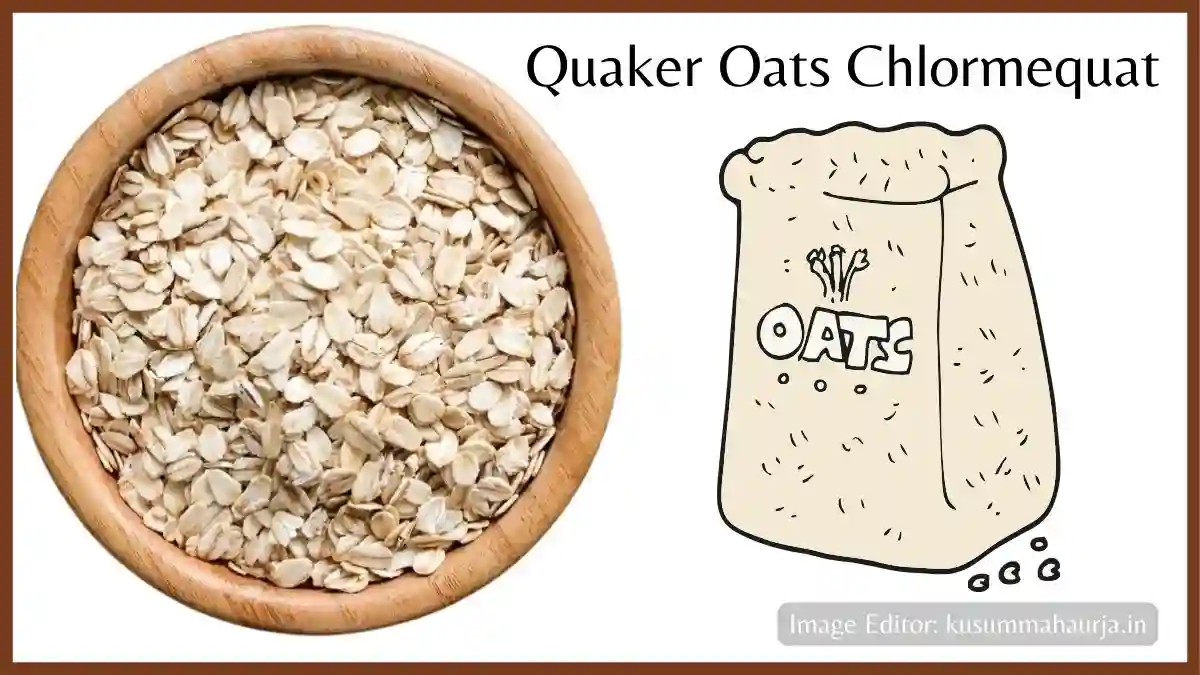Welcome to our comprehensive guide on Quaker Oats Chlormequat. In this article, we will delve into the benefits and safety of this widely-used agricultural product. Whether you are a farmer, a consumer, or simply curious about the science behind crop cultivation, this article will provide you with valuable insights.
What is Quaker Oats Chlormequat?
Quaker Oats Chlormequat is a plant growth regulator that has been used in agriculture for many years. It is a synthetic compound that helps to control the growth of plants, particularly cereal crops such as oats, wheat, and barley. Chlormequat chloride, the active ingredient in Quaker Oats Chlormequat, works by inhibiting the production of gibberellins, a plant hormone responsible for cell elongation.
The Benefits of Quaker Oats Chlormequat
1. Increased Yield: One of the main benefits of using Quaker Oats Chlormequat is the significant increase in crop yield. By controlling plant growth, farmers can ensure that their crops do not become too tall and prone to lodging (falling over). This allows the plants to allocate more energy to the development of grains, resulting in higher yields.
2. Improved Quality: Quaker Oats Chlormequat also enhances the quality of cereal crops. By regulating plant growth, it helps to promote uniform ripening, which leads to more consistent grain size and color. This is particularly important for farmers who supply grains to the food industry, as it ensures that the final products meet the desired standards.
3. Disease Resistance: Another advantage of Quaker Oats Chlormequat is its ability to enhance the plant’s resistance to diseases. By reducing the plant’s height and increasing its strength, it becomes less susceptible to wind damage and fungal infections. This can significantly reduce the need for chemical fungicides and ultimately contribute to more sustainable farming practices.
The Safety of Quaker Oats Chlormequat
1. Regulatory Approval: Quaker Oats Chlormequat has undergone rigorous testing and has been approved for use by regulatory authorities around the world. These authorities assess the safety and efficacy of agricultural products to ensure that they do not pose any significant risks to human health or the environment.
2. Residue Levels: When used according to the recommended guidelines, Quaker Oats Chlormequat leaves minimal residue on crops. This means that the final products, such as oatmeal or wheat flour, are safe for consumption. It is important for farmers to follow the instructions provided by the manufacturer to ensure the proper use of the product.
3. Environmental Impact: Quaker Oats Chlormequat has a low environmental impact when compared to other plant growth regulators. Its targeted action on plant growth minimizes the risk of unintended effects on non-target organisms or ecosystems. Additionally, its use can contribute to sustainable farming practices by reducing the need for excessive pesticide applications.
Conclusion
Quaker Oats Chlormequat is a valuable tool for farmers looking to increase crop yield, improve quality, and enhance disease resistance in cereal crops. Its safety has been thoroughly evaluated and approved by regulatory authorities, ensuring that the final products are safe for consumption. By using Quaker Oats Chlormequat responsibly and following the recommended guidelines, farmers can benefit from its positive effects while minimizing any potential risks. Embracing this plant growth regulator can contribute to sustainable and efficient farming practices, ultimately supporting the global food supply chain.
Disclaimer: This article is for informational purposes only and should not be considered as professional advice. Always consult with agricultural experts or relevant authorities before using any agricultural products.
